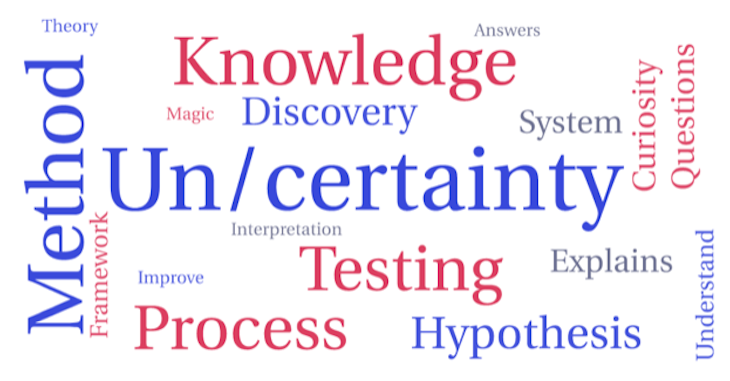
This week, we are highlighting a 2021 post by former Science Borealis author Alice Fleerackers. Written at the height of the COVID-19 pandemic, this fascinating read explores how and why we choose which sources of information we trust – and which we don’t. By Alice Fleerackers, Science in Society editor Source: Why do we (dis)trust? […]






